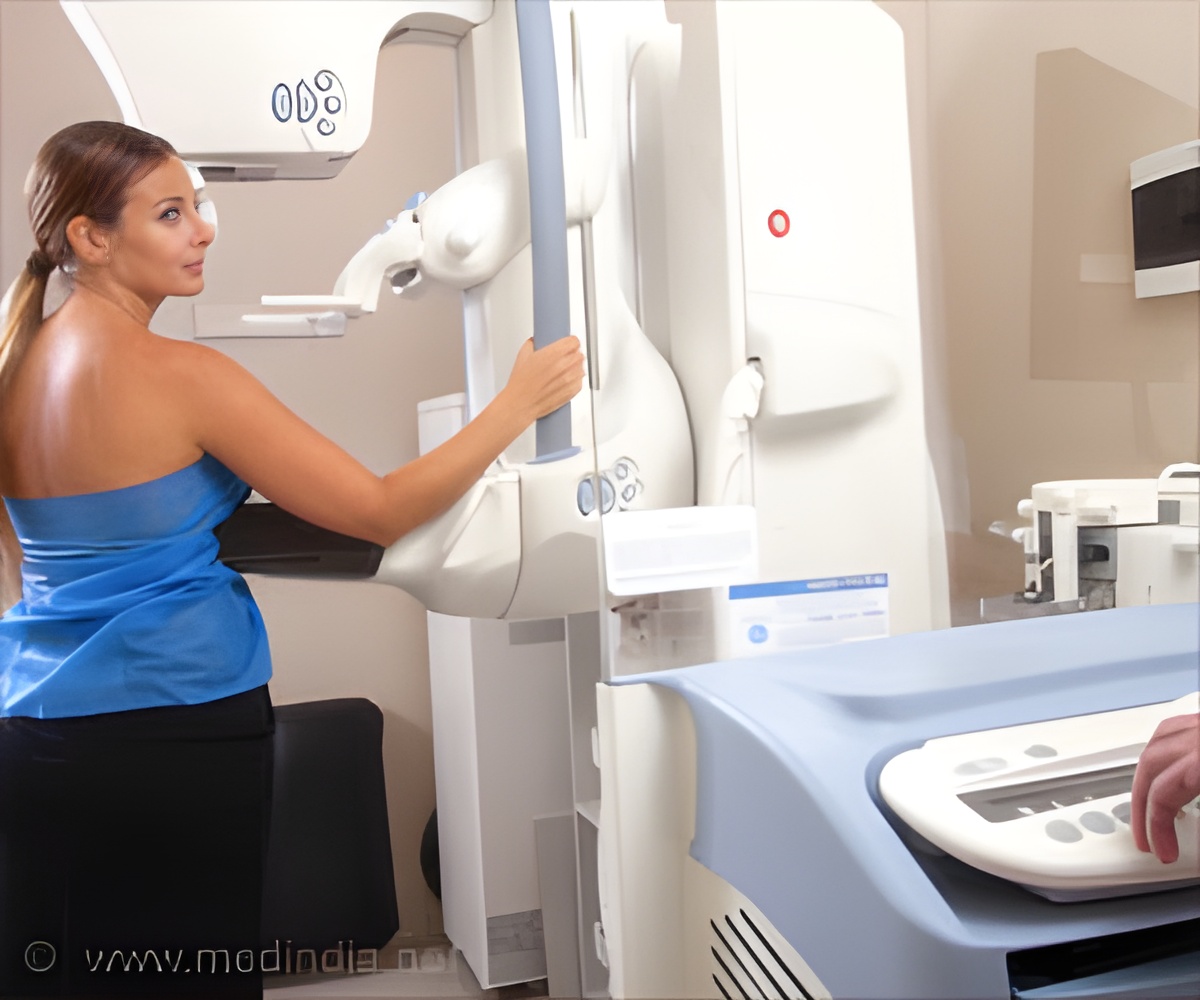Most women with early stage breast cancer undergo imaging to check for metastasis, despite international guidelines that recommend against testing.

The study highlighted that despite standard guidelines that advise against the testing to investigate possible metastases in asymptomatic patients with stage I or II breast cancer, most women still prefer undergoing it. The institutions recommend against the testing because the likelihood of metastases - the growth of secondary cancer cells at a distance from a primary site of cancer - is low, at 0.2% for stage I breast cancer and 1.2% for stage II breast cancer patients. Also, the chances of false-positive findings are high.
Needless testing could lead to false-positive results, more invasive tests, delays in treatment and unnecessary concern.
"Despite guidelines against imaging to detect radiologically evident distant metastases, our results show that this practice is very common among patients with early-stage breast cancer in Ontario," writes Dr. Mark Clemons at The Ottawa Hospital and the University of Ottawa, Ontario.
The study involved as many as 26547 women from Ontario, who were diagnosed with stage I or stage II breast cancer between the years 2007 and 2012. The researchers found that about 86% of participants (as many as 22811 women) underwent at least one imaging test to discover whether cancer had metastasized.
The average number of imaging tests conducted per patient was 3.7 in the pre- and postoperative periods. Surgeons and oncologists order most tests. Surgeons recommended 74% of preoperative tests and oncologists ordered about 41% of postoperative examinations.
The study also notes variability in use of imaging between geographic regions and between community healthcare centers and academic institutions.
Commenting on the study, Drs. Daniel Rayson and Geoff Porter of Queen Elizabeth II Health Sciences Center and Dalhousie University, Halifax, Nova Scotia, Canada, say that "both surgical and oncological teams may order examinations to reassure and support the worried, newly diagnosed patient and her loved ones - clearly praiseworthy goals. People are often blindsided by a cancer diagnosis and depend on their healthcare team to be as certain as possible that their illness can be cured, and they are not dying."
However, the commentary authors said that the testing has a cascading effect. Suggestions for more confirmatory examinations have increased wait times for test results. Also, possible treatment can heighten the patient's anxiety levels and increase their healthcare costs.
References:
1. Demetrios Simos, Christina Catley, Carl van Walraven, Angel Arnaout, Christopher M. Booth, Matthew McInnes, Dean Fergusson, Susan Dent, Mark Clemons. Imaging for distant metastases in women with early-stage breast cancer: a population-based cohort study. CMAJ, June 2015 DOI: 10.1503/cmaj.1500032. http://www.asco.org/
3. http://www.nccn.org/professionals/physician_gls/f_guidelines_nojava.asp
Source-Medindia















